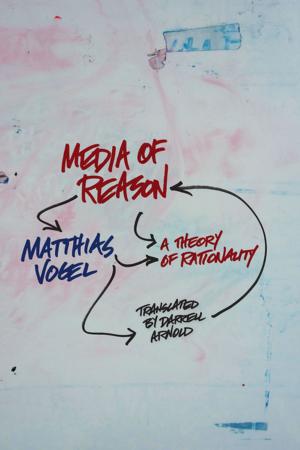Colonial Effects
The Making of National Identity in Jordan
Nonfiction, History, Middle East, Social & Cultural Studies, Political Science| Author: | Joseph Massad | ISBN: | 9780231505703 |
| Publisher: | Columbia University Press | Publication: | September 11, 2001 |
| Imprint: | Columbia University Press | Language: | English |
| Author: | Joseph Massad |
| ISBN: | 9780231505703 |
| Publisher: | Columbia University Press |
| Publication: | September 11, 2001 |
| Imprint: | Columbia University Press |
| Language: | English |
Colonial Effects analyzes the creation and definition of modern Jordanian identity. Massad studies two key institutions-- the law and the military--and uses them to create an original and precise analysis of the development of Jordanian national identity in the postcolonial period.
Joseph A. Massad engages recent scholarly debates on nationalism and richly fulfills the analytical promise of Michel Foucault's insight that modern institutions and their power to have productive, not merely repressive or coercive, capacities—though Massad also stresses their continued repressive function.
His argument is advanced by a consideration of evidence, including images produced by state tourist agencies aimed at attracting Western visitors, the changing and precarious position of women in the newly constructed national space, and such practices as soccer games, music, songs, food, clothing, and shifting accents and dialects.
Colonial Effects analyzes the creation and definition of modern Jordanian identity. Massad studies two key institutions-- the law and the military--and uses them to create an original and precise analysis of the development of Jordanian national identity in the postcolonial period.
Joseph A. Massad engages recent scholarly debates on nationalism and richly fulfills the analytical promise of Michel Foucault's insight that modern institutions and their power to have productive, not merely repressive or coercive, capacities—though Massad also stresses their continued repressive function.
His argument is advanced by a consideration of evidence, including images produced by state tourist agencies aimed at attracting Western visitors, the changing and precarious position of women in the newly constructed national space, and such practices as soccer games, music, songs, food, clothing, and shifting accents and dialects.















